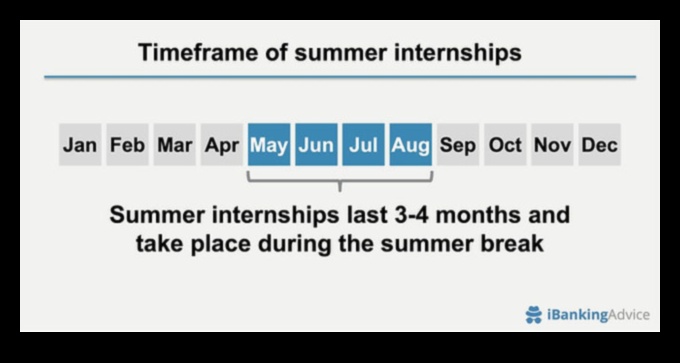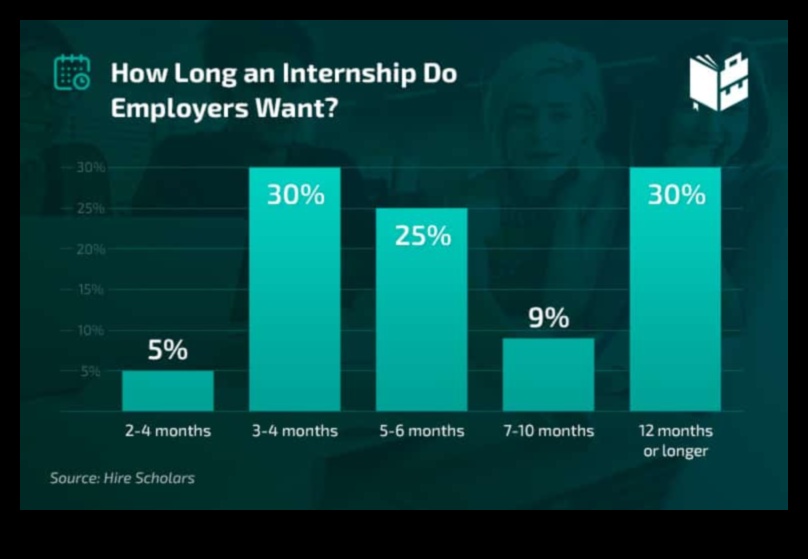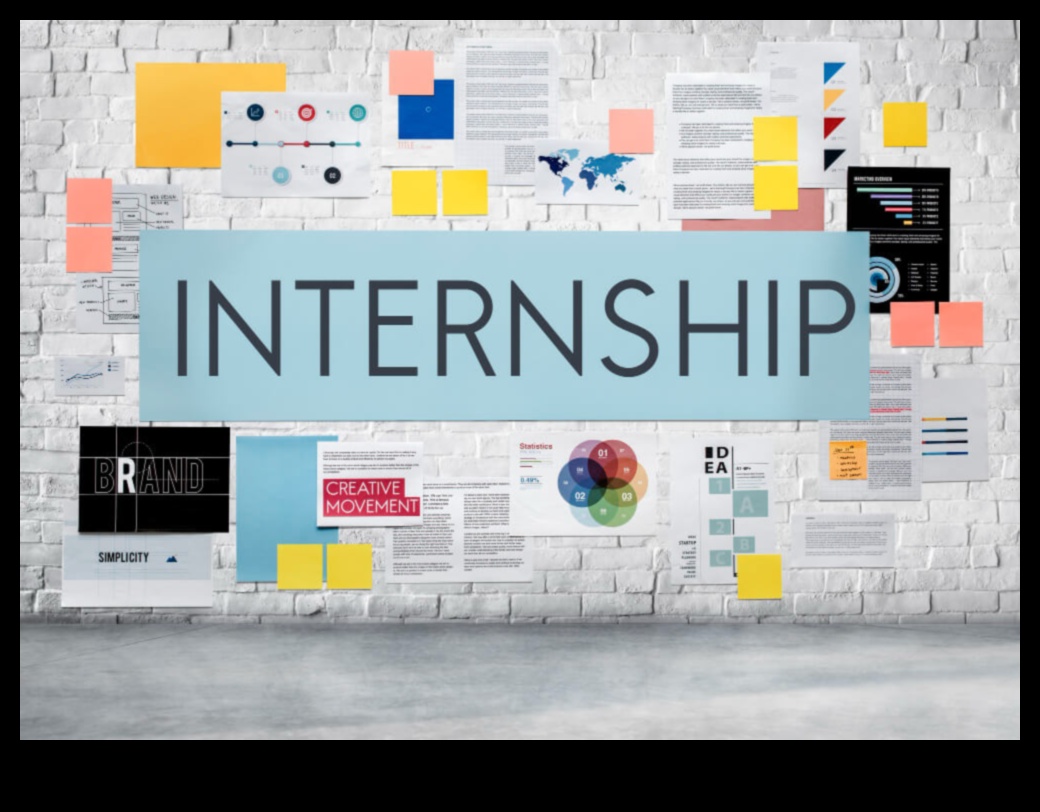
I. Introduction
II. What is an internship?
III. What is the average length of an internship?
IV. Factors that affect the length of an internship
V. Benefits of internships
VI. How to find an internship
VII. How to prepare for an internship
VIII. How to make the most of your internship
IX. What to do after your internship
X. FAQ
| Topic | Feature |
|---|---|
| Internship length | The average length of an internship is three to six months. |
| Internship duration | Internships can last anywhere from a few weeks to a year or more. |
| Internship time | Internships typically take place during the summer or fall, but they can also be held during the academic year. |
| Internship period | Internships are typically offered during the school year or summer. |
| Internship term | Internships are typically offered for a specific period of time, such as a semester or summer. |

II. What is an internship?
An internship is a temporary position in which a student or recent graduate works for a company or organization in order to gain experience in a particular field. Internships can be paid or unpaid, and they typically last for a few months.
Internships are a great way for students to get hands-on experience in their field of interest, and they can also help them build their networks and learn about different career paths.
If you are interested in pursuing an internship, there are a few things you can do to increase your chances of success. First, start by doing your research and identifying companies or organizations that offer internships in your field of interest. Once you have a list of potential employers, you can start reaching out to them to inquire about internship opportunities.
When you are applying for internships, it is important to make sure that you tailor your resume and cover letter to each specific position. You should also be prepared to answer questions about your experience and why you are interested in the internship.
If you are offered an internship, be sure to take advantage of the opportunity to learn as much as you can. Ask questions, get involved in projects, and network with your colleagues.
An internship can be a valuable experience that can help you prepare for your future career. By taking advantage of the opportunity, you can learn new skills, build your network, and get a head start on your career.
III. What is the average length of an internship?
The average length of an internship is between 10 and 12 weeks. However, internships can range in length from a few weeks to a few months. The length of an internship will vary depending on the company, the industry, and the role.
For example, internships in the tech industry tend to be longer than internships in other industries. This is because tech companies often need interns to work on long-term projects. Internships in the non-profit sector, on the other hand, tend to be shorter than internships in other industries. This is because non-profit organizations often have a limited budget and cannot afford to have interns for a long period of time.
Ultimately, the best way to determine the average length of an internship in your field is to talk to people who have already completed internships in that field. You can also check out job postings for internships to see what the typical length of the internship is.
III. What is the average length of an internship?
The average length of an internship is 10 weeks, according to a survey by the National Association of Colleges and Employers (NACE). However, the length of an internship can vary depending on the industry, the company, and the role. Internships in some fields, such as finance and consulting, are typically longer than internships in other fields, such as marketing and public relations. Internships at larger companies are also typically longer than internships at smaller companies. And internships for more specialized roles, such as research and development, are typically longer than internships for more general roles, such as sales and marketing.
Benefits of internships
Internships can offer a number of benefits to students and recent graduates, including:
- Gaining valuable work experience
- Developing new skills and knowledge
- Building your network
- Getting a foot in the door at your dream company
- Earning money
Internships can also help you to decide if a particular career is right for you, and to prepare for your future job search.
If you are considering an internship, be sure to do your research and find a program that is a good fit for your interests and skills.
You can find internships through your school’s career center, online job boards, or by networking with friends and family.
Once you have found a few internships that you are interested in, be sure to submit your application early and follow up with the employer to let them know you are interested.
Internships can be a great way to get your foot in the door at your dream company and to start your career on the right foot.

III. What is the average length of an internship?
The average length of an internship is between 10 and 12 weeks. However, internships can vary in length from a few weeks to a full year. The length of an internship is typically determined by the company or organization that is offering the internship, as well as the specific role or position that the intern is filling.
There are a few factors that can affect the length of an internship, including:
- The industry in which the internship is taking place. Internships in some industries, such as finance and consulting, are typically longer than internships in other industries, such as marketing and sales.
- The level of experience that the intern has. Internships for students who are just beginning their college careers are typically shorter than internships for students who have more experience.
- The type of internship. Internships that involve research or fieldwork are typically longer than internships that involve administrative or clerical work.
It is important to note that the length of an internship is not necessarily indicative of its quality. Some of the most valuable internships are those that are shorter in length, but that provide interns with a lot of hands-on experience and exposure to their field of interest.
When considering an internship, it is important to weigh the benefits of a longer internship against the potential costs, such as the amount of time and money that you will need to commit. If you are looking for an internship that will provide you with a lot of experience and exposure, then a longer internship may be a good option for you. However, if you are looking for an internship that will fit into your schedule and budget, then a shorter internship may be a better option.
VII. How to prepare for an internship
Preparing for an internship can help you make the most of your experience and increase your chances of getting a job offer. Here are a few tips for preparing for an internship:
- Research the company and the internship position.
- Update your resume and cover letter.
- Practice your interview skills.
- Dress professionally for your interviews.
- Be prepared to answer questions about your skills, experience, and goals.
- Ask questions about the internship position and the company.
- Thank the interviewer for their time.
By following these tips, you can increase your chances of getting an internship and making the most of your experience.
How to make the most of your internship
An internship is a great opportunity to gain valuable experience, learn new skills, and network with professionals in your field. However, in order to get the most out of your internship, you need to be intentional about making the most of your time. Here are a few tips:
- Set goals for yourself. What do you want to achieve during your internship? Do you want to learn a new skill, gain experience in a particular area, or network with professionals? Once you know what you want to achieve, you can develop a plan to reach your goals.
- Be proactive. Don’t wait for someone to tell you what to do. Take initiative and seek out opportunities to learn and grow. Ask questions, volunteer for projects, and get involved in extracurricular activities.
- Network with professionals. One of the best ways to get a job after your internship is to network with the people you meet. Make an effort to get to know your colleagues and supervisors, and attend industry events and conferences.
- Stay positive. An internship can be challenging, but it’s also a great opportunity to learn and grow. If you encounter challenges, don’t give up. Keep your head up and focus on your goals.
By following these tips, you can make the most of your internship and set yourself up for success in your career.
IX. What to do after your internship
After your internship is over, there are a few things you can do to make the most of your experience.
First, send a thank-you note to your supervisor and any other mentors you had during your internship. This is a great way to show your appreciation for their help and guidance, and it can also help you stay in touch with them after your internship is over.
Second, update your resume and LinkedIn profile to reflect your new skills and experience. This is a great way to show potential employers what you’ve been up to since your internship, and it can help you land your next job.
Third, reflect on your internship experience and what you learned. What were your biggest challenges? What did you enjoy the most? What skills did you develop? Taking some time to reflect on your experience can help you to identify areas where you need to improve, and it can also help you to identify new career goals.
Finally, use your internship experience to network with people in your field. Attend industry events, connect with people on LinkedIn, and reach out to your former colleagues and supervisors. Building your network can help you to find new job opportunities, learn about new trends, and stay up-to-date on the latest news in your field.
X. FAQ
Q: How long does an internship typically last?
A: The average length of an internship is three to four months, but internships can range from a few weeks to a year or more.
Q: What factors affect the length of an internship?
A: The length of an internship can depend on a number of factors, including the industry, the company, and the role. Internships in some industries, such as finance and consulting, are typically longer than internships in other industries, such as retail and food service. Internships at larger companies are often longer than internships at smaller companies. And internships in more specialized roles, such as research or development, are often longer than internships in more general roles, such as marketing or sales.
Q: What are the benefits of internships?
Internships offer a number of benefits for students, including:
- Gaining valuable work experience
- Networking with professionals in your field
- Learning new skills and developing your career
- Exploring different career paths
- Getting a foot in the door at your dream company